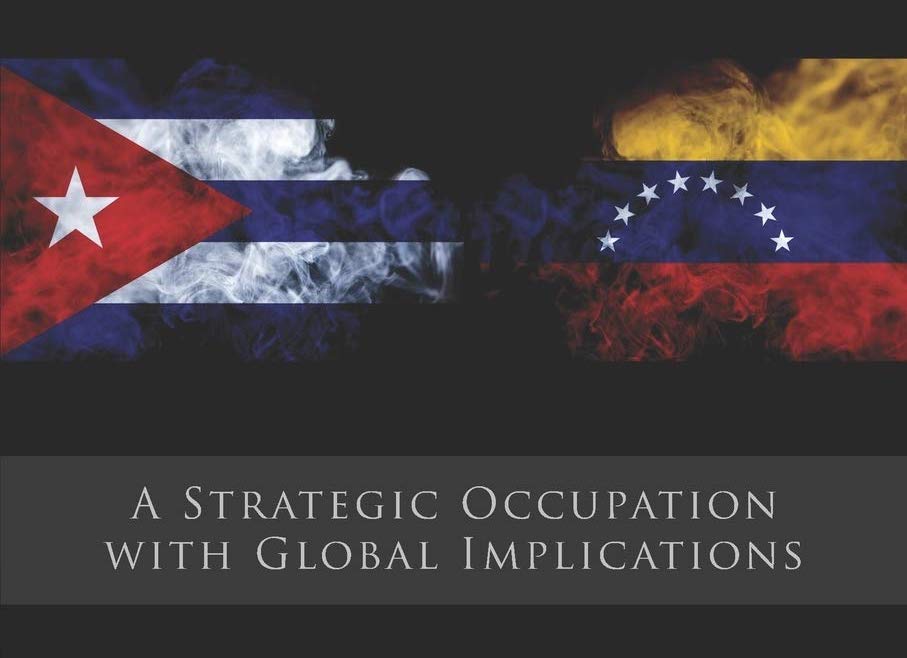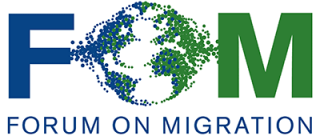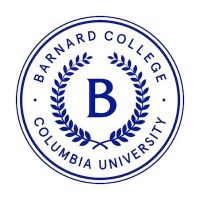The NYC launching of Cuba scholar María Werlau’s exhaustive research study on Cuba’s intervention in Venezuela and the role it continues to play today. Its collateral repercussions on U.S. immigration will also be discussed.
With an introduction by Prof. José Moya, director of The Forum on Migration at Barnard College.
This event is part of the CreateNYC Language Access program, and it will be held in English, followed by a bilingual Q&A.
COLUMBIA UNIVERSITY
School of International & Public Affairs
Conference Room 802
Amsterdam Ave. @ 118th St., NYC
SPACE IS LIMITED
FREE ADMISSION
RSVP at: info@cubanculturalcenter.org
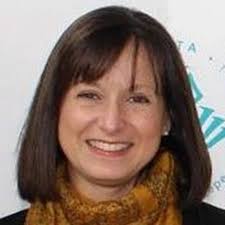 María Werlau is co-founder and president of Free Society Project, also known as Cuba Archive/Archivo Cuba, a non-profit think tank incorporated in Washington, D.C. to advance human rights through research and scholarship. Her extensive publications on Cuba cover a wide range of issues. An independent consultant and former Second Vice-President of Chase Manhattan Bank, she has a Bachelor of Science in Foreign Service from Georgetown University and a Master’s in International Affairs from Universidad de Chile. Born in Cuba, she left for the U.S. at the age of eight months with her family. Among other places, she lived and worked in Venezuela for two and a half years.
María Werlau is co-founder and president of Free Society Project, also known as Cuba Archive/Archivo Cuba, a non-profit think tank incorporated in Washington, D.C. to advance human rights through research and scholarship. Her extensive publications on Cuba cover a wide range of issues. An independent consultant and former Second Vice-President of Chase Manhattan Bank, she has a Bachelor of Science in Foreign Service from Georgetown University and a Master’s in International Affairs from Universidad de Chile. Born in Cuba, she left for the U.S. at the age of eight months with her family. Among other places, she lived and worked in Venezuela for two and a half years.
José Moya is professor of history and Director of the Forum on 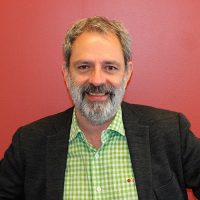 Migration at Barnard College, Director of the Greater Caribbean Center at Columbia University, and Professor Emeritus at UCLA. He has been a visiting professor or researcher at the universities of Paris, Berlin, Vienna, Oxford, Madrid, Tel Aviv, Hebrew in Jerusalem, Hong Kong, Sao Paulo, and the London School of Economics, among others. He has authored more than fifty publications on global migrations and Latin American history, some of which have been translated into Spanish, Galician, Portuguese, French, German, and Mandarin.
Migration at Barnard College, Director of the Greater Caribbean Center at Columbia University, and Professor Emeritus at UCLA. He has been a visiting professor or researcher at the universities of Paris, Berlin, Vienna, Oxford, Madrid, Tel Aviv, Hebrew in Jerusalem, Hong Kong, Sao Paulo, and the London School of Economics, among others. He has authored more than fifty publications on global migrations and Latin American history, some of which have been translated into Spanish, Galician, Portuguese, French, German, and Mandarin.
This event is co-sponsored by the Forum on Migration at Barnard College, and the Institute for Latin American Studies and the Greater Caribbean Center of Columbia University.
And is supported by public funds from the New York City Department of Cultural Affairs
With the promotional collaboration of

